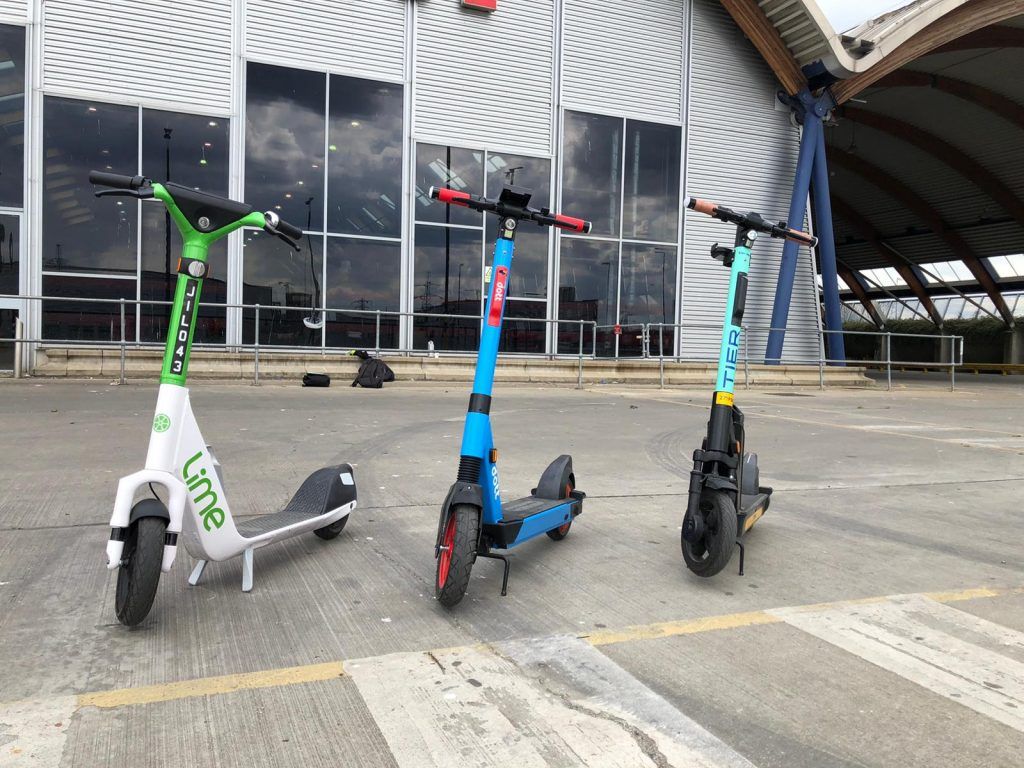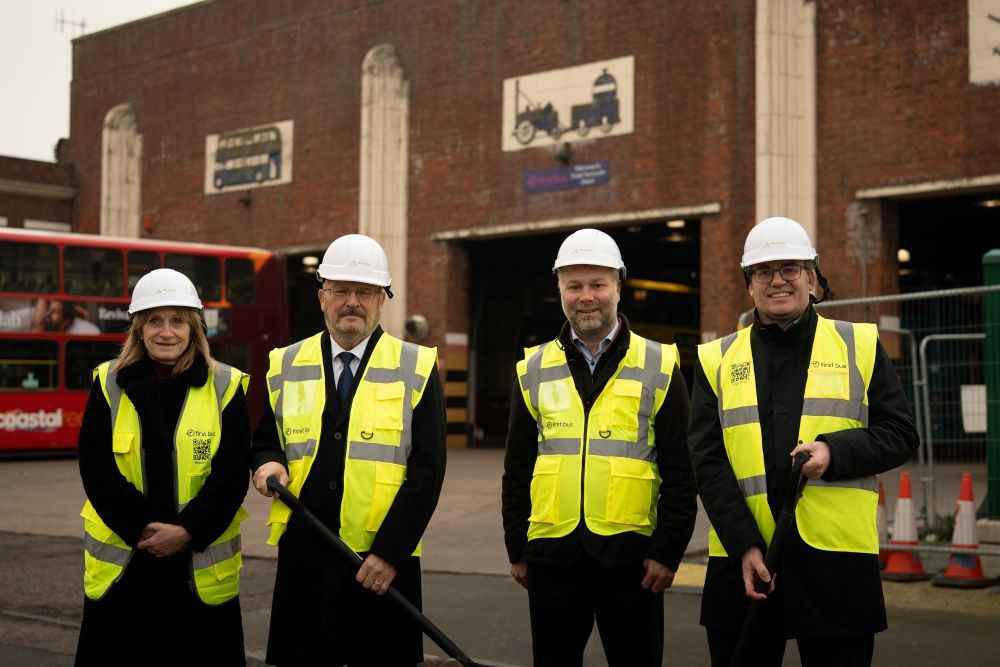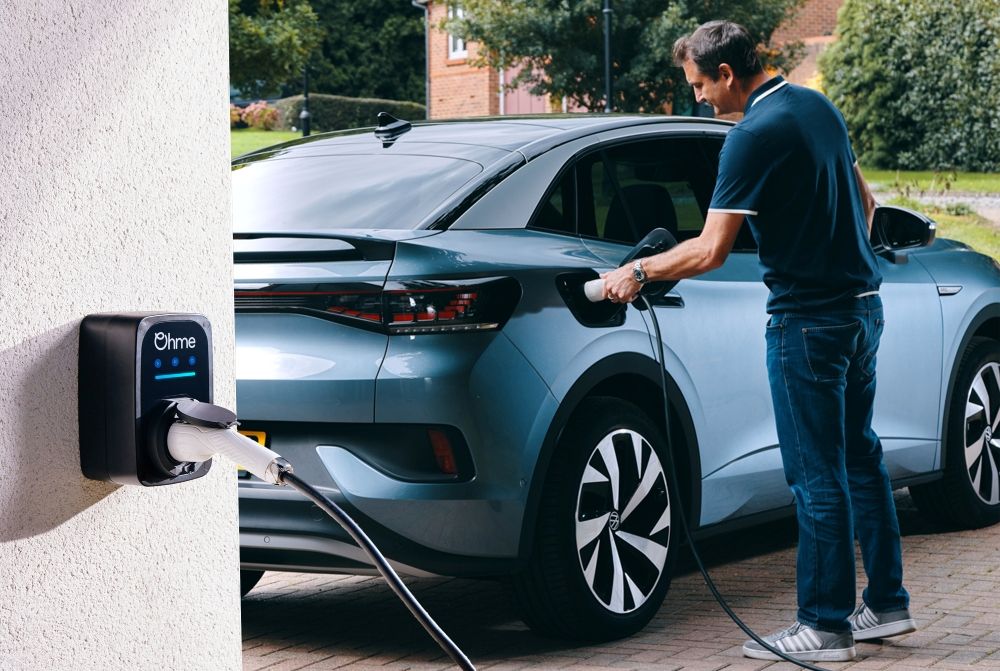Transport for London (TfL) and London Councils have announced that London’s rental e-scooter trial will begin on Monday 7 June, in a core group of boroughs, Canary Wharf and the City of London, with more areas expected to join the 12-month trial as it progresses.
Following the government’s announcement last year to legalise rental trials of e-scooters run by local authorities, TfL and London Councils launched an open and competitive procurement process for the planned trial of an e-scooter rental scheme in London.
Operators Dott, Lime and TIER have been appointed to take part in the trial following the process, where their ability to meet strict safety requirements and high operating standards was carefully considered.
Safety will be at the core of the trial throughout, and data shared by the operators will play a vital role in helping to shape London and the UK’s future policy on e-scooters, including whether they could form part of London’s sustainable recovery from the coronavirus pandemic.
- A lower maximum speed of 12.5mph
- Lights at the front and the rear of the vehicles that are always on throughout any rental
- Audible warning systems that can be used without adjusting the rider’s grip of the handlebar.
The operators will also have other safety mechanisms in place, including ‘first ride policies’ where riders will need to take an e-learning safety course before they hire for the first time.
The rental e-scooters will only be allowed to be used on roads and in cycleways – not on footways. All operators will also be obliged to ensure that their rental prices take into account the needs of people on lower incomes and to offer discounts to certain groups where appropriate, including key workers playing a vital role in helping London get through the pandemic.
Between 60 and 150 e-scooters will be available to rent in each fully participating borough initially, with riders able to move freely across these boroughs and ‘ride-through’ areas.
Operators that demonstrate strong performance and compliance may be able to increase the number of e-scooters in their fleet over the course of the trial, while those that do not may be required to reduce their numbers.
Boroughs, Canary Wharf and the City of London will control parking locations for e-scooters, providing marked designated bays to protect against street clutter and ensure footways are kept free. Geo-fencing technology will be a requirement for every rental e-scooter.
Helen Sharp, TfL’s e-scooter trial lead, said: “We’re doing all we can to support London’s safe and sustainable recovery from the coronavirus pandemic and it’s clear that e-scooters could act as an innovative, greener alternative to car trips.
“This new trial will provide the data and insights we need to determine the longer-term role e-scooters could play in our strategy for a greener and healthier future for London.”
Mayor Philip Glanville, Chair of London Councils’ Transport and Environment Committee, said: “It will be important to see how this new service impacts London’s existing transport network and carbon emissions and how inclusive it is of the travel needs of all Londoners.”
Image: TFL Press Office











